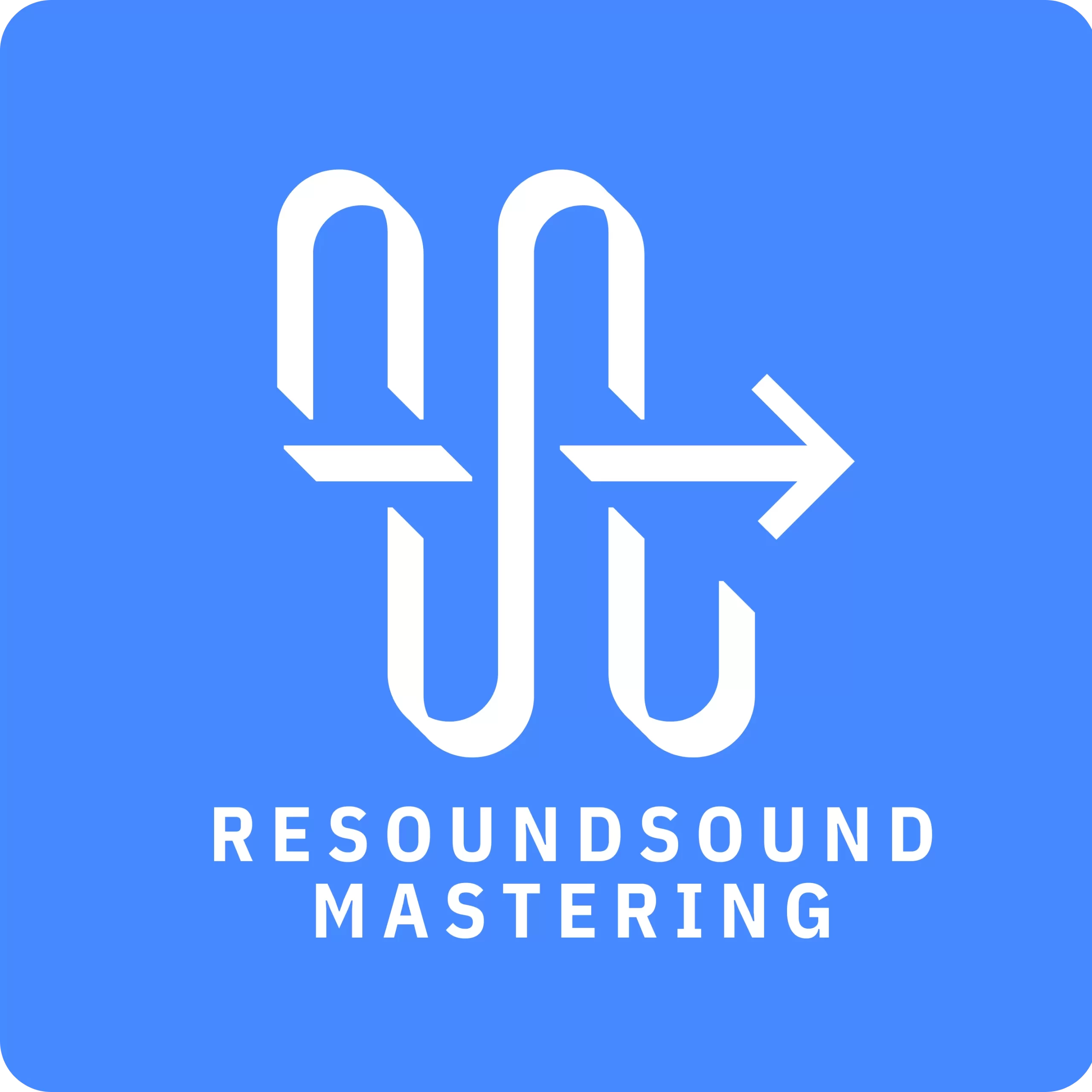Imperfections are the fingerprints of creativity.
They contribute unique identity to our work.
Having raw, unpolished and imperfect elements is also one of the best ways to carry emotion in music.
Of course, it’s part of the art to be able to do that well.
I try to work in ways that enables unexpected quirks to happen. I will then iron out some of them, but actually highlight others.
Imperfections capture the essence of the moment. The mystery and the miracle of creation.
They make our music more relatable and memorable.
As listeners, we respond to imperfection intuitively. We may not be conscious about it, but we feel it and we instantly connect to it.
We appreciate the honesty. Authenticity trumps precision.
Imperfections act as signals that we’re all embarked on this voyage collectively. They foster a sense of shared creative exploration.
A few questions for you to think about today:
What imperfections can you infuse into your work?
How can you make that happen more?
How can you turn a perceived flaw into an asset?
And ultimately, how can you extend this philosophy beyond your music, embracing the imperfect beauty of life itself?
